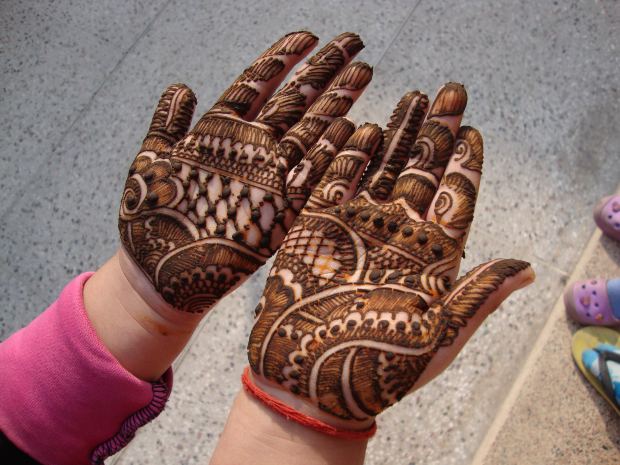Body modifications are all the rage right now. As the proud owner of multiple tattoos and piercings, I envy my tattoo artist. Not only is she incredibly cool, she is also super talented. Her ability to transform my rough doodling, jottings and random thought processes into beautiful works of body art is something that I not only admire, but I am also incredibly jealous of.
Like any form of art, she honed her craft through hours of practice. For me, being utterly deficient in art means I would make a lousy tattoo artist. The tattoo fail memes that are sweeping social media at the moment would look like Kat Von D’s work if compared to mine.
Learning the technique of a tattoo artist is something that takes years of practice, as well as will persistence and patience. The ability to tattoo someone is quite profound, to make a mark on their skin that is permanent. The most important part of that sentence is that the ‘permanent’ part. Honing your craft is vital when learning the technique of a tattooist.
Of course, the first thing you need when learning to become a tattoo artist is simply artistic talent. Without this, you will not succeed in the industry. As aforementioned, honing your skill will take years. The technique cannot be learned within a few months. Typically, a tattoo artist can train up to five years and so it takes a serious commitment from yourself to ensure that you are the top of your game. Practice is most definitely key when learning the technique of a tattoo artist.
One of the most important things as a tattoo artist, aside from raw talent and determination, is making sure you have the best kit. This list should help you get your ‘starter pack’ up and running:
-
Tattoo ink (these come in a variety of colours. The more you get, the better choice you will have for your client)
-
Ink pots
-
Tattoo grips and tubes
-
Tattoo machine
-
Tattoo needles
-
Tattoo shaders
-
Medical tattoo supplies (sterile wipes, aftercare, instrument cleaning)
Once you have practised (and then practised some more!) getting an apprenticeship is the next part. Learn from someone with experience. Take their advice and run with it. Of course, your style of tattooing may be completely different to theirs, but under an experienced tattooists tutelage there is no reason why you cannot succeed. Whilst ‘art’ cannot be taught, health, safety and hygiene are a few of the things you will learn from your tutor. It is important to ensure that you have these skills in order to be successful, as well as ensuring the safety of your prospective clients.
Once you have completed your apprenticeship, there will be more time to hone your own personal technique. There are many tattooing techniques that are used such as;
-
Line work
-
Colouring
-
Lettering
Whilst tattoos trends peak and trough in their design, the ultimate skill of tattooing will always be sought, so ensure that you are fully proficient in the above ‘how to’ techniques to maximise your potential as an awesome tattoo superstar.







